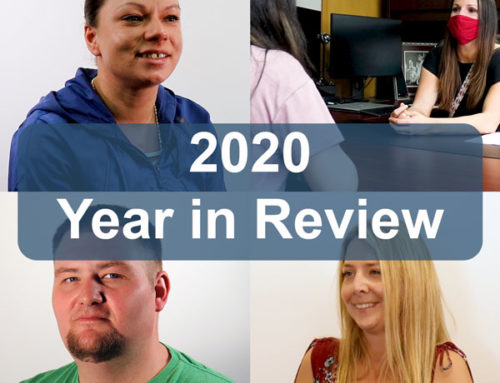What’s different about methadone?
Like other opioids – heroin, Vicodin®, OxyContin®, Vicodin® or fentanyl – too much methadone can be harmful. Unlike these drugs, methadone effects start slow and take time to reach full effect. Methadone stays in the body much longer than other opioids. MAT clinical staff will start a patient on a low dose of methadone and will gradually increase the dose over time. This increases the total amount accumulated in the body.
How is a starting Methadone dose established?
In order to set a starting dose,
staff take your body into account. Your physical health and other prescribed
medications, supplements, and any herbal remedies you may be taking are
considered. Staff also consider your use of opioids (amount, frequency, method
of administration), and use of other drugs or alcohol.
It is very important that you provide staff with honest, true, accurate
information. If you don’t, the dose of methadone you are administered may not
take into account your lifestyle and needs. A patient’s dose is considered by a
provider using guidelines provided by the federal government.
Staff will slowly increase your dose as you start in treatment. This allows for
the methadone level to gradually build up. You may still experience withdrawal
symptoms after starting on methadone. However, your providers will evaluate
your symptoms to help you get to a stable dose.
What does Methadone do for you?
An ideal methadone dose should
accomplish the following: relieve symptoms of withdrawal, should not make you
feel drugged or “high”, and remove your craving for opioid drugs.
These effects might not be achieved right away. It may take time for MAT staff
to find the optimal dose for you. Each person’s body and metabolism is
different, so each person’s dose has to be set to their unique needs.
What happens if you take too much Methadone?
There is a great risk of harm if you take too much methadone. Symptoms of over-medication include feeling “high”, drugged, or unsteady, drowsiness or “nodding off”, slow or difficult breathing, mental confusion, extremely contracted pupils, blue lips or fingernails, a slow heartbeat or feeling very calm or itchy.
An unusual boost in energy and/or the ability to stay awake for a long time may also indicate overmedication.
If you experience any of these symptoms at any time, DO NOT IGNORE THEM. If you or someone you know experiences any of these symptoms, THS clinical staff or emergency services should be contacted. All patients are encouraged to have Narcan/Naloxone at all times. It can be life-saving in the case of methadone or opioid toxicity. Ask your methadone provider or your medical provider for a prescription and more information regarding the use of Narcan.
Mixing other drugs or alcohol with methadone can be very dangerous, resulting in mixed-drug toxicity (i.e. benzodiazepines, alcohol, other sedatives). This toxicity can lead to hospitalization or even death.
What should I tell my family and friends about Methadone?
Many people do not understand what
addiction and addiction treatment looks like and how it works for patients.
Many people falsely believe that using methadone is the same as using heroin.
They may think that you are trading one addiction for another. This, however,
is absolutely not true. It is important to remember the points below when
speaking to your family and friends about treatment:
Opioid addiction is a chronic illness and methadone is an opioid prescription
medicine used to treat it. Methadone has been used in this way for more than 54
years. Through Medication-Assisted Treatment (MAT), millions of people have
recovered from opioid addiction.
Methadone does not make you “high”. People who are treated with methadone will
function perfectly well while taking it.
Just like diabetes, heart, and blood pressure medications, methadone must often
be taken on a daily basis for up to a lifetime. Many people need a long-term
daily dose to ensure their well-being.
What should I tell my employer about Methadone?
In certain jobs, drug testing is required. Honesty is a good approach in this case. Not telling an employer about your prescription could mean you are found to test positive for opioids. However, your treatment cannot be used against you. Laws like the Americans with Disabilities Act protect persons in treatment for addiction from job discrimination. Certain “reasonable accommodations” must be made. This can include a work schedule that allows for clinic attendance.
What are Take-Home Medications?
Take-home medication, sometimes known as “carries”, require patients to fulfill specific criteria outlined by both the federal government and the individual clinic. If you are interested in learning more about these criteria, your counselor can provide a handout. Once you have met the criteria, your counselor helps you fill out an application for take-home doses. This application is then reviewed for approval by the medical director and care team.
Sources:
“Methadone & You”,
Brochure by Addiction Treatment Forum. 2000.Clinco Communications.
In Need of Service?
Connect to care now through our Get Help form. Click the button below to go to our online form where you can request help. A qualified clinician will contact you within 24 hours to get you started.

